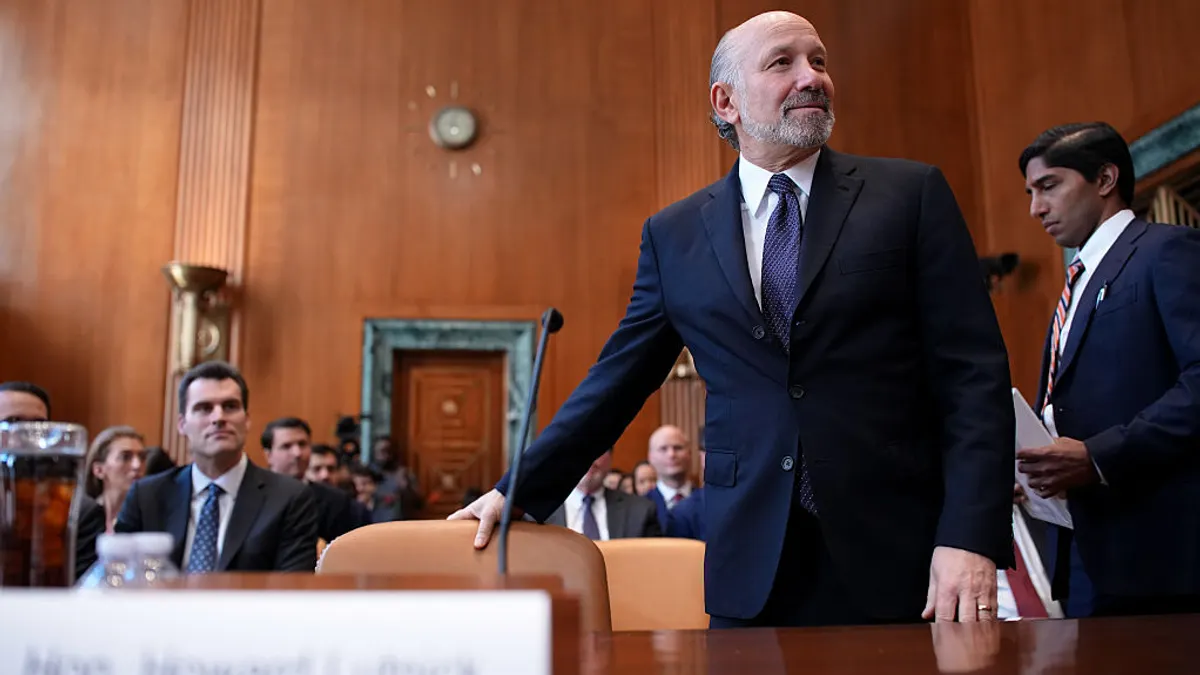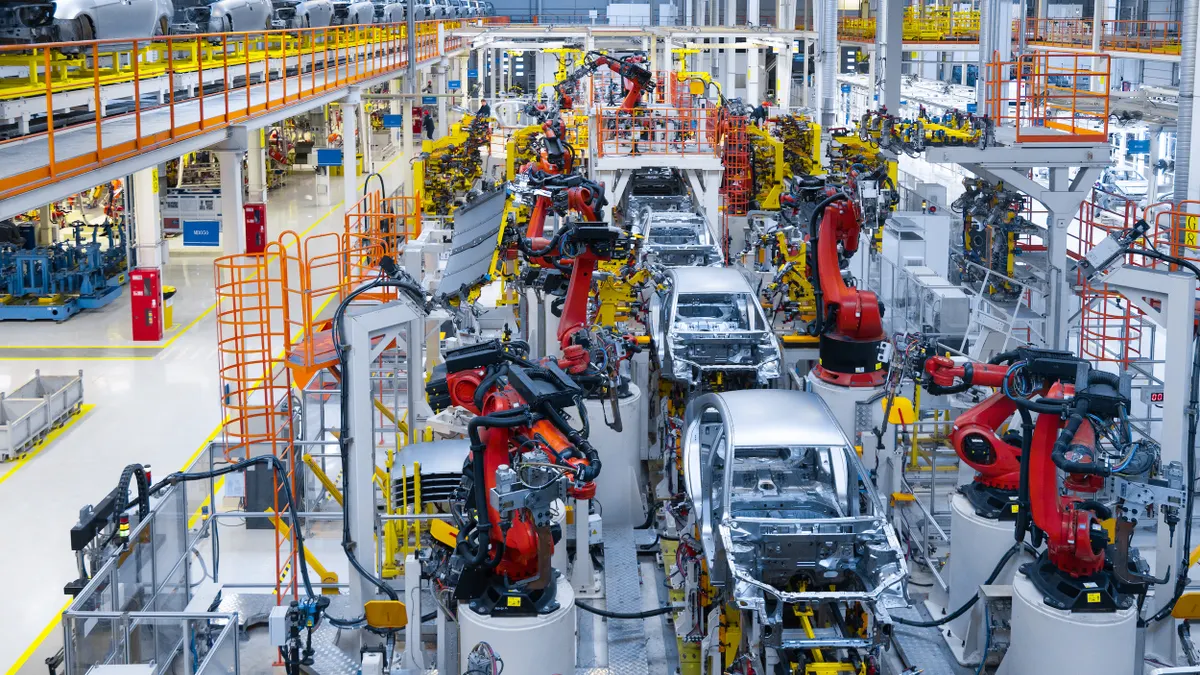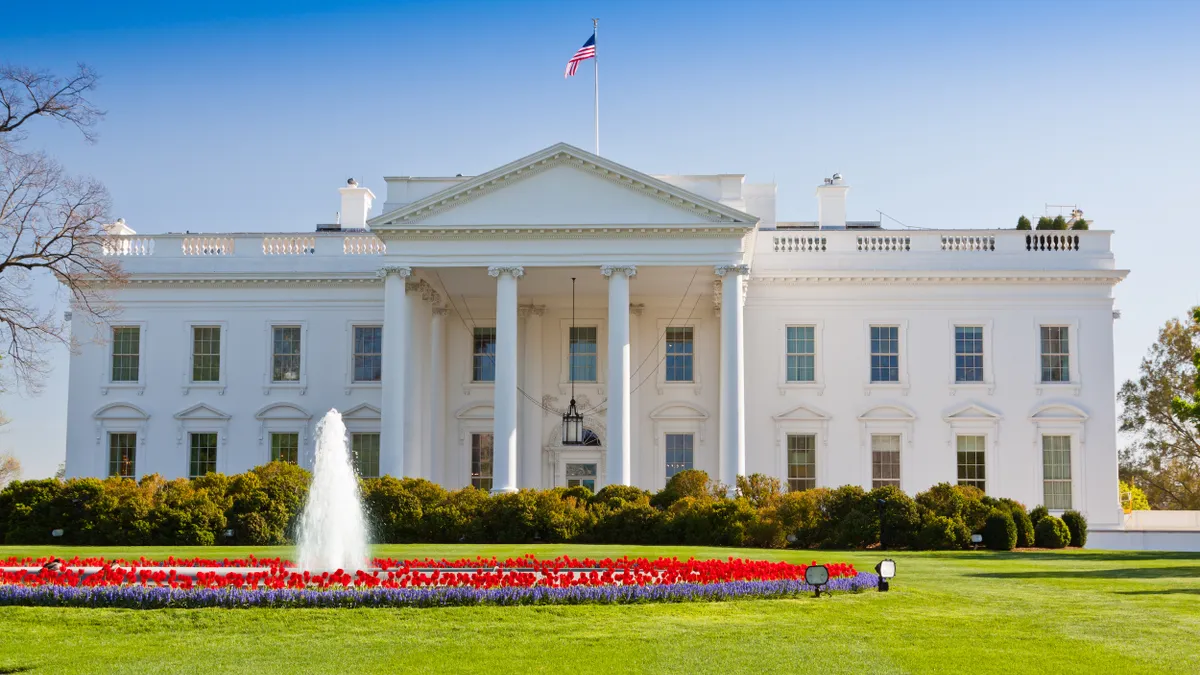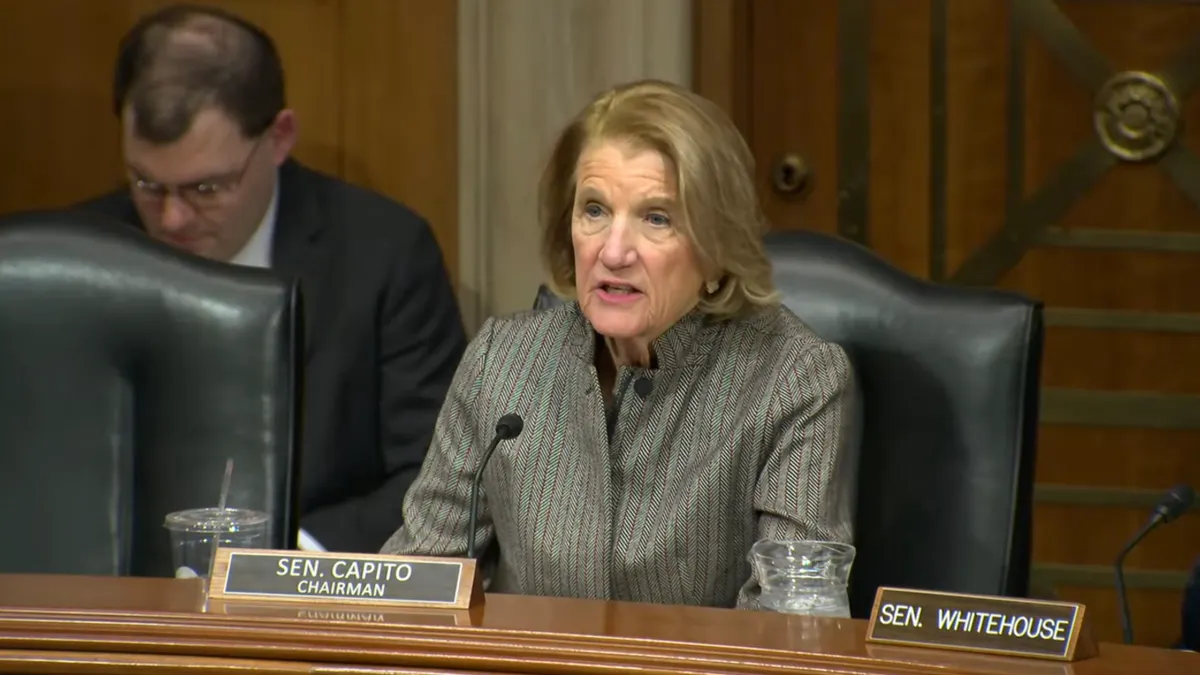Secretary of Commerce Howard Lutnick took to Capitol Hill last week to defend the department's proposed budget, which seeks to cut spending by 16.5%.
During his hearing, Lutnick discussed not only the department's ongoing renegotiations of CHIPS and Science Act funding contracts, but its plans to slash funding for a variety of other programs, including the National Institute of Standards & Technology, which aims to promote industrial innovation across the country.
DOC's proposed budget cuts $325 million from NIST, a sizable chunk of the organization's current roughly $1.2 billion budget.
The cuts take aim at a variety of programs and personnel under NIST, including Manufacturing USA, an initiative dedicated to furthering advanced manufacturing, and the Manufacturing Extension Partnerships, which support small- and medium-sized manufacturers.
The proposed budget also shows a 465-person drop in full-time staff, down to 2,180 workers. It would also cut compensation for full-time staff from $18 million to $8 million.
NIST staff members operate five labs, two national facilities and dozens of partnerships with companies, governments and higher education institutions, according to an April 2 letter signed by more than a dozen members of Congress urging the department to reverse recent job cuts.
As the Senate continues to debate President Donald Trump's "Big Beautiful Bill," Lutnick's comments offer insight into how the Commerce Department is weighing the future of funding for manufacturing innovation and support for small businesses.
Manufacturing programs on the chopping block
The proposed budget would cut the Manufacturing USA program's funding by more than half — down from an estimated $76 million in FY2025 to $37 million. That level is still above the FY2024 budget of $28 million.
The money is set to continue funding for the full list of 18 connected manufacturing institutes across the U.S., including two Commerce Department-sponsored institutes, nine Department of Defense institutes and seven Department of Energy sponsored institutes, according to the budget proposal.
The future of the MEP program has been in question for several months.
In April, the Trump administration announced it would cut funding for 10 MEP programs, but walked its decision back following pushback from lawmakers and advocates. It has since been unclear whether funding will continue for the other 41 programs.
The proposed budget offered some clarity, stating that it does not provide funding for the MEP program.
When asked by lawmakers how the Commerce Department plans to replace the assistance provided by the program to small- and medium-sized manufacturers, Lutnick said the agency is looking to "reexamine and retool" outdated programs to be better suited for the artificial intelligence-driven industry of the future.
"Our department is very focused on making sure we're bringing our manufacturers the best tools, and we're examining them," Lutnick said.
Lawmakers advocated for the program during the hearing. Democratic Sen. Jack Reed of Rhode Island said in his comments that MEP is an effective way to not only support innovation, but to help small businesses make other necessary improvements such as integrating new machinery or establishing relationships with banks.
During his comments, Sen. Reed noted that in FY2024, it was estimated that MEP secured $5 billion in new investment and created and retained 108,000 jobs as a result.
Lutnick highlighted the need to retain the concept of MEP, but to "fix the waste, fraud and abuse" taking place, including inflated salaries for program leadership.
In September 2024, the Office of the Inspector General released a report that found NIST had overstated MEP's return on investment in recent years and economic impact.
The report highlighted inconsistencies between MEP's economic impact and its federal funding, with MEP overstating the role its services played in manufacturing benefits. Despite a nearly 19% rise in federal funding to more than $120 million between 2022 and 2023, MEP reported an overall decline in economic impact, according to the report.
"The effects of NIST’s unreliable economic impact reporting for MEP are significant," OIG officials wrote in the report. "Most notable is that NIST has overstated the economic impacts of MEP to Congress and the American public — using these overstated economic impacts to justify the MEP program."
Lutnick would not confirm during the hearing if DOC intends to move forward with contract renewals for the MEP programs up for review this year.
"We need to clean it up and we need to modernize it," Lutnick said during the hearing. "So that's what we're working on and then we're going to go forward and to try to figure out what we need to do next."






















